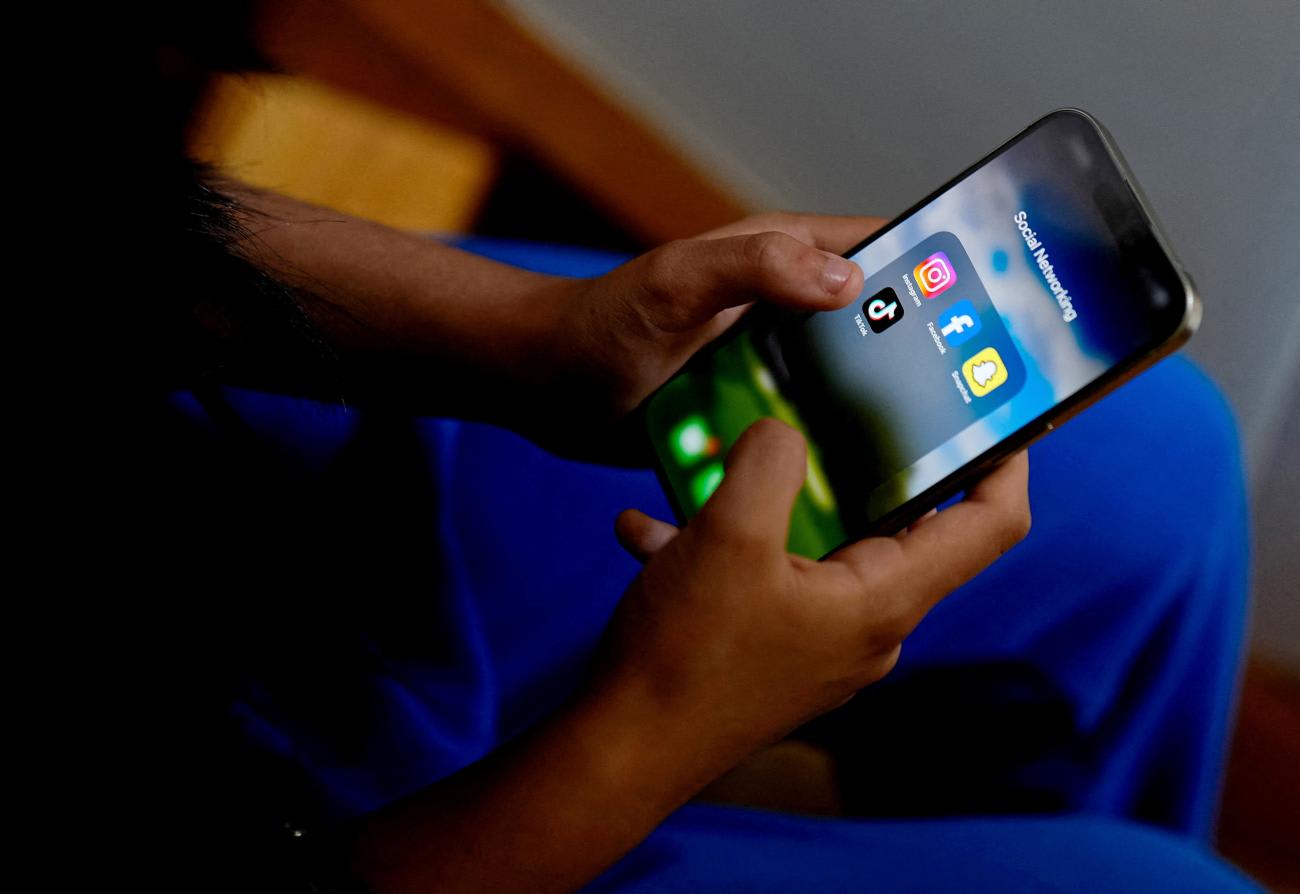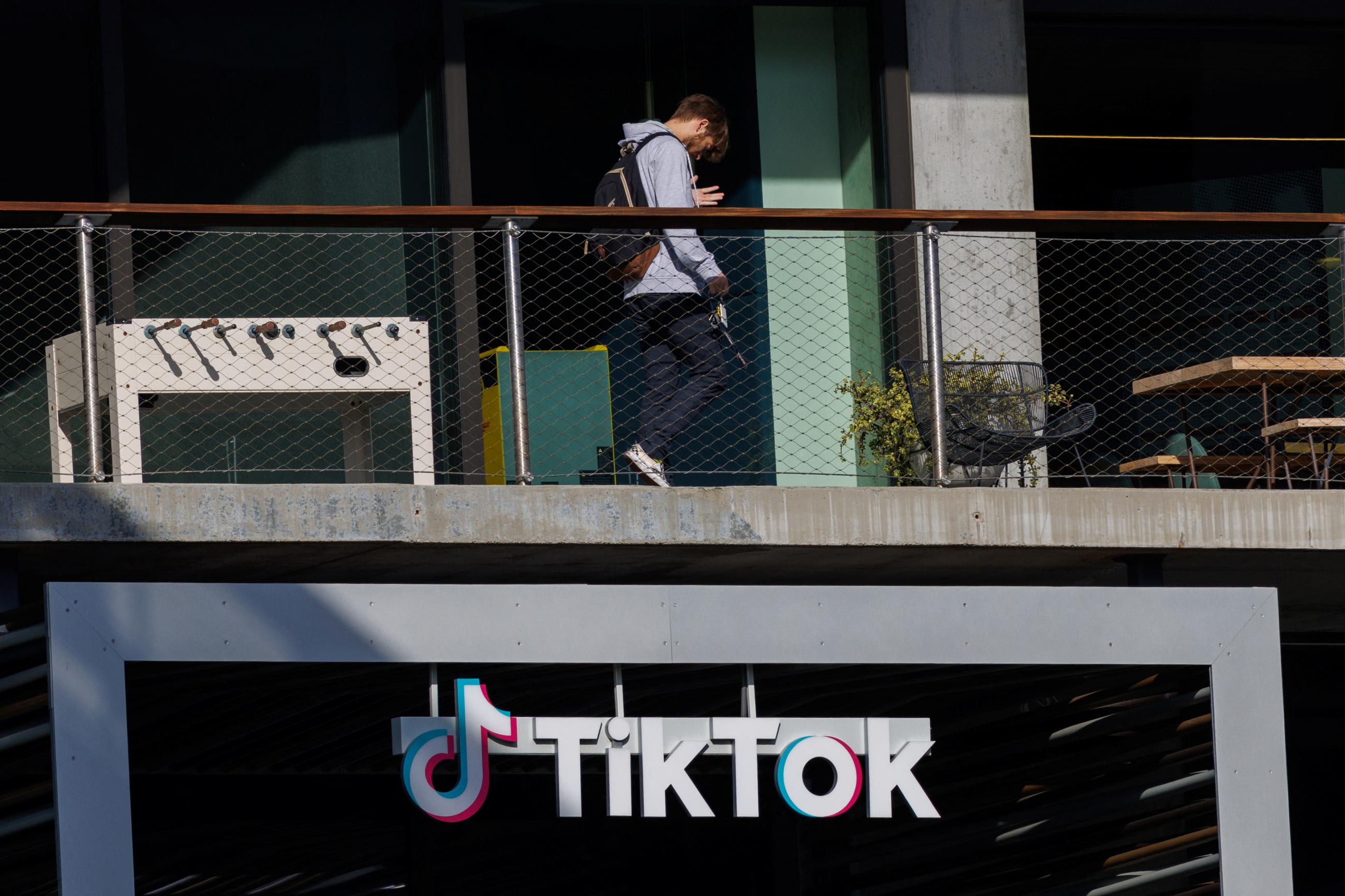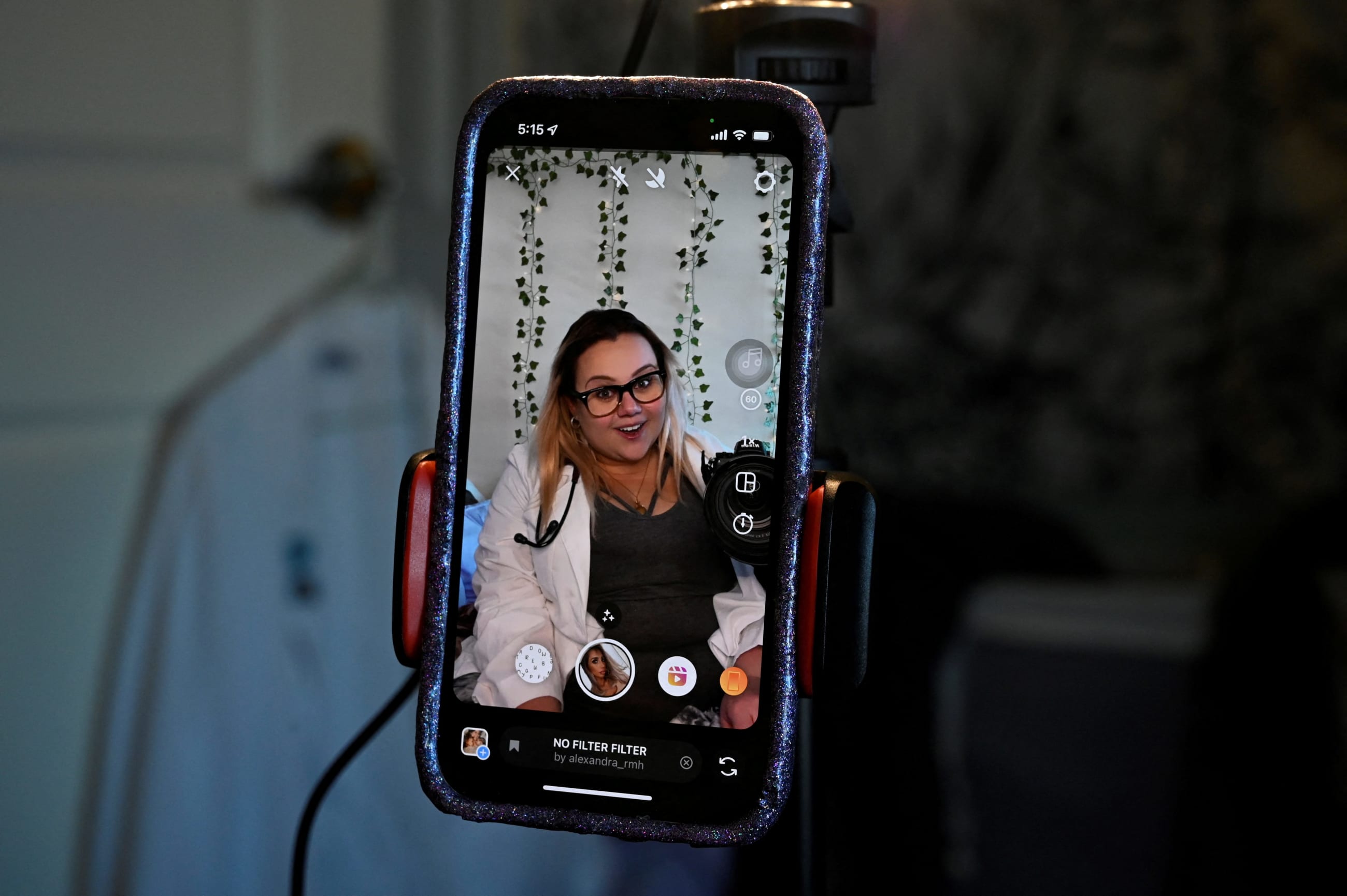The TikTok ban in the United States drew attention to the social media platform's many roles in people's lives, from promoting small businesses to acting as a news source. Yet, another use of TikTok was mostly overlooked—providing community for those with mental health disorders.
Much more than information hubs, TikTok and other social media sites host large, active mental health communities, tethered together by their diagnoses. The popularity of these online communities, however, points to a larger problem that should be tackled first: A growing number of people are struggling with mental illness and lack clinical resources to support them.
The World Health Organization estimates that 1 in 8 people have a mental disorder and that half of the global population live in nations with fewer than 1 psychiatrist per 100,000 people. Because the number of people living with mental illness grows annually, online communities are rapidly expanding.
However, not everyone is equally likely to participate in those communities: Online groups disproportionately attract vulnerable populations, such as youth, people who identify as LGBTQ+, and those without access to adequate mental health resources.
Online Mental Health Communities
Large and minimally moderated international social media communities around stigmatized health topics, particularly those related to mental health, have sprung up in the past decade. These communities offer individuals with stigmatized mental illnesses the opportunity to connect with peers virtually, which helps peers find social connection and support, experience belonging, and combat stigma surrounding their illness.
Much more than information hubs, TikTok and other social media sites host large, active mental health communities
A hashtag on TikTok dedicated to borderline personality disorder (BPD), #bpd, retrieves more than 2 million videos, many of which are from content creators whose accounts are centered around documenting and sharing their experiences with BPD. Their comment sections are filled with other users discussing and relating to those experiences. Similarly on the social forum platform Reddit, the r/bipolar subreddit is known as "a haven for people with Bipolar Disorder" and boasts almost 250,000 users who seek and provide peer advice and support every hour.
In many ways, online mental health communities function much like any in-person community, and many of them have their own customs and subcultures. A simple search on Disboard, a list of public virtual communities hosted on the Discord app, retrieves more than 16,000 servers (or virtual communities) with the tag system, which refers to the multiple personalities, or alters, of an individual with dissociative identity disorder (DID). These servers have their own slang, such as fronter for the personality state in control of the body, and customs, such as using PluralKit, a specialized Discord bot programmed for users with DID to track messages sent by each of their identities.
In these online communities, users may participate in virtual events, such as Check-In Monday, an r/Schizophrenia tradition where the moderator makes a check-in post on Mondays asking how community members are doing. They can also form subgroups based on interest, such as r/SchizophreniaArtProj, a smaller subreddit for "the schizophrenia community to shape and discuss original artwork."
Slang, events and traditions, and shared interests may all strengthen feelings of belonging among users in these communities, which is subsequently associated with mental health benefits. Through interacting with each other's posts, users can become mutuals (two users who follow each other) and eventually form friendships that last many years.

A Digital Lifeline
Participation in online mental health communities can be done anonymously, for free, and from most countries. Engagement in these groups has been associated with several benefits, including increased enrollment in and adherence to clinical treatments. After meeting others who share their mental health challenges and learning about their recovery journeys, participants were more comfortable talking about their experiences and seeking medical care.
One transgender 16-year-old high school student from Canada, who lives with undiagnosed attention-deficit/hyperactivity disorder (ADHD) and generalized anxiety disorder (GAD), believed that these online communities positively shaped his relationship with mental health.
"In my direct family and school life, people never brought [mental health] up or knew what it was for the longest time," he told Think Global Health. Hearing about his online friends' mental health experiences "kind of helped me put what I experienced into words."
The friendships he formed encouraged him to continuously engage in the community: "I basically texted [my online friends on Discord] 24/7," he told Think Global Health. "We'd often tell each other about our mental health to take care of one another."
The Canadian high school student admits to the negative impacts of being active online at such a young age, saying, "It's where certain thought processes or negative coping mechanisms [of mine] were derived from."
Studies of a mental health forum and TikTok reveal that although some users visit these online communities for mental health information, many seek what they refer to as "a safe space" and "social connection," which they could not access in their in-person lives due to social or geographic isolation.
"Health creators from these communities have cultivated spaces on platforms such as TikTok, where people feel seen and cared for, even when traditional medical systems have not," Amanda Yarnell, the senior director of the Center for Health Communication at the Harvard T.H. Chan School of Public Health, told Think Global Health.
The Social Niche of Mental Illness
#MentalHealth is a social media niche that anyone can access. The accessibility and anonymity that lends online mental health communities its unique benefits also contribute to its harms, leaving users vulnerable to a variety of negative experiences. On these platforms, users run the risk of experiencing cyberbullying, much of which may come from people outside the community, which could lead to detrimental effects on mental health.
#AutismChallenge was a trending hashtag in 2019 and 2020, under which able-bodied creators uploaded videos mocking the mannerisms of people with autism. Although TikTok removed the hashtag, the videos persisted.
"To curb bullying, TikTok had policies relating to vulnerable people including those with Down syndrome, autism, and other disabilities, though policies don't always protect the very people they purport to," Haley Moss, an openly autistic influencer, wrote in Business Insider regarding the hashtag.
Although cyberbullying tends to come from users outside the mental health community, toxicity is also evident within the space.
"Sides of the internet can lean into romanticization of certain aspects of mental illness or turn it into a competition," the Canadian high school student told Think Global Health.
Furthermore, users are at risk of sharing and consuming inaccurate information regarding their illness, treatment, and recovery. Esther, a 17-year-old high school student from the United States, turned to social media when she was grappling with anxiety and her sexual orientation and felt as if her family and friends did not offer enough support. Esther found that although some TikTok videos offered scientifically supported techniques to improve mental health, others were not grounded in psychology.
"Multiple accounts under therapy guises will post memes, videos, and guidelines on antisocial behavior rather than kind and empowering behavior," Esther said. She identified unreliable videos by sharing them with her mother, a licensed therapist.
Social media bans could cut people off from their communities and leave them without their biggest supporters and closest friends
A study of the top 1,000 videos under #MentalHealth found that only 19.1% of videos were created by a licensed mental health professional, and one-third of the videos had misleading content. Misleading videos were more popular on average with more likes, comments, and shares than videos without misleading content.
The visibility of these online communities, such as those centered around mental illness, can be harmful to nonmembers, particularly youth (12 to 24 years old) whose identity development can be easily influenced by social media. A survey by EdWeek found that 55% of youth have used social media to self-diagnose with mental illness.
This alarming trend of self-diagnosis among youth resulted in McLean Hospital, a Massachusetts psychiatric facility, being overwhelmed by requests for DID screenings from youth and their parents in August 2023. The flood of requests was attributed to social media sites such as TikTok and Discord, where some youth pretend to have DID, a rare disorder estimated to affect fewer than 2% of people.
Our Digital Future
Some experts suggest that online communities can benefit from regulation by a health professional who can remove harmful or misleading messages, or by social media platforms that can prevent them from being suggested to younger audiences. The number and size of these communities, however, renders them difficult for any one person to moderate, and no social media platforms have suggested plans to regulate them.
Even though President Donald Trump's executive order delayed enforcement of the TikTok ban for at least 75 days, the long-term future of social media apps—whether they will be outlawed or how they will be regulated—ultimately remains unknown. Florida has increased the minimum age to open a social media account to 14; in Australia, a law going into effect later this year bans social media for those younger than 16. Mental health has been cited as a justification for both bans.
Even though online mental health communities have numerous shortcomings, including cyberbullying and misinformation, they are also the only source of peer support, belonging, and community for hundreds of thousands of users. Social media bans could cut people off from their communities and leave them without their biggest supporters and closest friends—forcing them to navigate their illness alone.

EDITOR'S NOTE: Some names were not included to preserve medical privacy.












